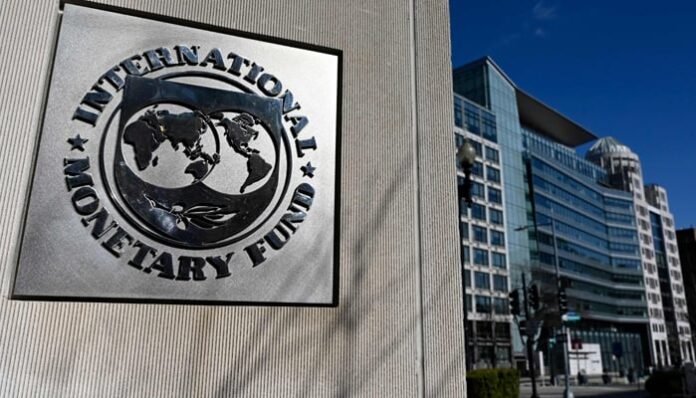To accommodate the proposed minimum wage increase for workers, the Federal Government may need to raise a supplementary budget.
This is because the negotiated amount may surpass the budgeted amount in the original 2024 budget.
The International Monetary Fund gave this recommendation in its latest staff country report for Nigeria.
“The authorities noted that a supplementary budget may be needed to accommodate the outcome of the ongoing wage structure negotiations which may exceed what they had included in the 2024 budget,” the report stated.
It also noted that the government might need to raise the domestic and external borrowing ceilings to prevent fresh borrowings from the apex bank’s Ways and Means.
The new minimum wage has been an ongoing matter between Organised Labour and the government since the beginning of this year to cushion the impacts of the harsh economy.
In the 2024 budget, the government allocated N6.48tn for personnel costs but the international lender posits that the amount may be insufficient.
The IMF further noted that the country’s budget deficit for 2024 is expected to surpass projections, owing to implicit subsidies for fuel and electricity, alongside rising interest expenses on debt.
The Minister of Finance, Wale Edun, had stated the government planned to reduce the budget deficit from 6.1 per cent in the 2023 budget to 3.8 per cent in the current appropriation.
The report read in part, “Staff projects a higher fiscal deficit than anticipated in the 2024 budget, but broadly unchanged from 2023. The drivers are lower oil/gas revenue projections, reflecting IMF oil price forecasts but incorporating recent production gains; higher implicit fuel and electricity subsidies; continued suspension of excise measures included in the MTEF; and higher interest costs.
Staff factors in an under-execution of capital expenditure in line with past outcomes and estimates an FGN deficit of 4.5 per cent of GDP relative to the 2024 budget target of 3.4 per cent of GDP. For the consolidated government, this implies a projected deficit of 4.7 per cent of GDP in 2024—compared to 4.8 per cent of GDP in 2023 measured from the financing side—which is appropriate given the large social needs and factoring in a realistic pace of revenue mobilisation.
“Over the medium-term, staff projects consolidation in the non-oil primary deficit. With rising interest costs, government debt stabilises towards the end of the projection period.”
![]()










